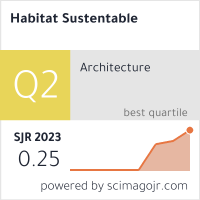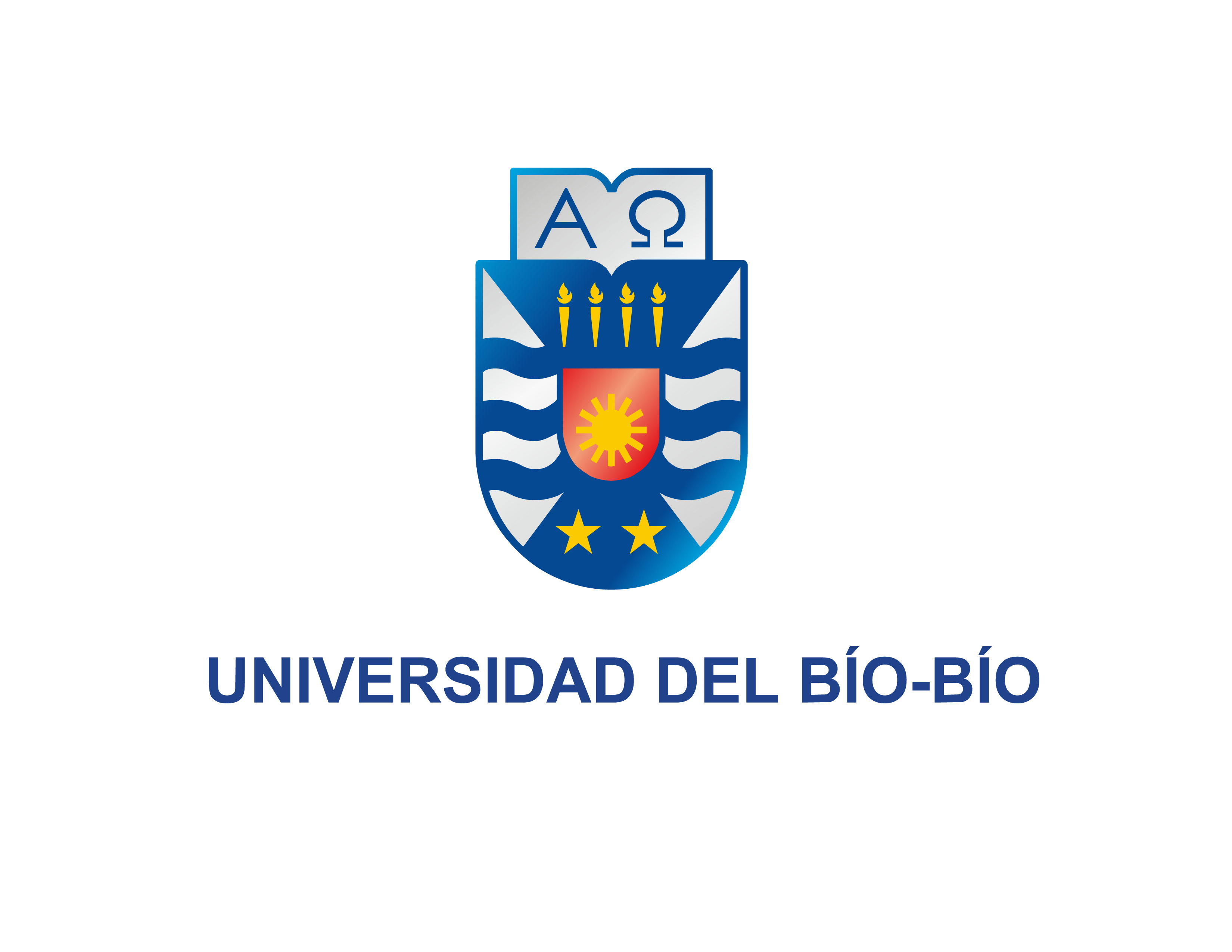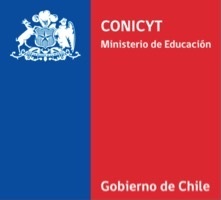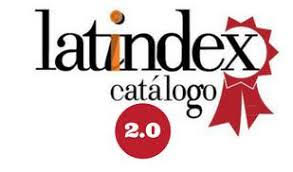Editorial Policies
The Scientific Journal Hábitat Sustentable (HS) is an international, peer-reviewed and open-access journal, free to publish or read, funded jointly by the Vice-Rector's Office for Research and Postgraduate Studies (VRIP, in Spanish) and the Faculty of Architecture, Construction, and Design (FARCODI, in Spanish) of the University of Bío-Bío (UBB, in Spanish).The Editorial Team is committed to the scientific community to guarantee the ethics and quality of the articles published.
1. Publication in Habitat Sustentable
The submission, review, and production process of the issue in which the article is included in Habitat Sustentable has no cost to the authors.
Hábitat Sustentable works with an open journal system for receiving articles, which implies that these can be sent all year round. However, it publishes two regular issues per year (January and July, respectively) that can contain up to 10 articles.
HS receives articles in Spanish, English, and Portuguese, through the OJS digital platform, that are original results of scientific research. These articles must comply with the format indicated in the Editorial Standards and the Author’s Guidelines. Failure to comply with these editorial standards entails the immediate rejection of the article in the preliminary editorial review or, failing that, the retraction of the article if it has been published.
Manuscripts from authors who have had articles published in the last year (2 consecutive issues) in HS (authors and co-authors) will not be accepted.
Authors or co-authors of more than one article will not be accepted in the same issue.
The resubmission of rejected articles is not accepted.
To be eligible for being published in Hábitat Sustentable, the articles must:
- Be original results of scientific research, be written in scientific format, and be the results of the author’s own research.
- Be unpublished and not be in the process of being published or submitted for publication simultaneously in another journal, entity, or publisher, with all authors signing a statement that supports this. (Author's statement)
- Be original and rigorous. Hábitat Sustentable is opposed to academic plagiarism, which is why it rejects any article with fraudulent data, compromised originality, or duplicate submissions. Articles must omit any reference to the identity of the author or authors in the text, with the digital platform being the place that obligatorily includes the names, affiliations of the authors, and their ORCID.
- Omit sources of financing in the text, before peer review, to ensure objectivity in the reviewers' assessment. The Author’s Statement is where the funding institutions are obligatorily included, both for research projects and Master's and/or Doctorate theses.
- Include in the manuscript, as well as in the visual material used, the bibliographic citations of the authors on which these are based. The compilation of citations in the final section of the article, " Bibliographic references", is mandatory, and must follow the APA reference format.
- Include a minimum of 20 bibliographic references, of which at least 40% must be from the last 5 years, and a minimum of 70% must be from scientific articles in indexed catalogs.
- Watch against excessive self-citation in the bibliographic references. It is suggested that this percentage does not exceed 15% with a maximum of 4 self-citations.
- Comply with the submission conditions, as detailed in the Check-list. Authors must check this has been done before uploading the article to the platform.
2. Editorial Review Process and Peer Reviewers
Once the article is received, the review process begins, which is divided into three parts: editorial review (preliminary), peer review, and final editorial decision (definitive).
Firstly, the articles received will be subject to a preliminary editorial evaluation by the Editorial Committee, which verifies compliance regarding Editorial Standards, authors' guidelines, thematic relevance of the call - if applicable - and compliance with the minimum quality criteria and scientific rigor of the article. In addition, the risk of plagiarism will be verified using the iThenticate software. This evaluation can result in one of two options (1) rejection of the article within the preliminary editorial review, or (2) the article moving onto a second phase, peer review (double-blind review).
Once the relevance of articles is established, they are submitted for anonymous review using the double-blind system. The panel of experts comprises domestic and international researchers outside the publishing institution, at least 80% of whom are specialists in different areas of Hábitat Sustentable’s disciplinary lines. To ensure review objectivity, the respective reviewers must not have any conflict of interest with the research, its financing, and/or authors. Reviewed articles will be treated confidentially. The experts perform the review using Hábitat Sustentable’s evaluation guidelines, as detailed in the attached file, Evaluation guidelines, making their final recommendation to the editor according to the following categories:
Publishable (Accepted for publication, with mandatory editorial requests)
Publishable with Modifications (Changes suggested by reviewer and editor mandatory)
Not Publishable (Rejected for publication)
If there is a discrepancy between reviewers, the article is sent to a third reviewer. If the Editorial Team establishes the need for a second peer-review round, based on the reviewers’ requirements, this peer-review process categorizes the article as needing Publishable with Modifications. The Editorial Team establishes a deadline (15 days) to receive corrections to the article. If, after the second round, the reviewers once again request Publishable with Modifications, the article will be rejected.
The result of the peer review is made transparent by sending the authors the reviewers’ observations (in an anonymous format).
3. Open access policies
Hábitat Sustentable publishes the article’s Post-Print version in open access in its institutional repository.
HS has an Open Access policy, which means that its contents are available at no cost to the user; who is authorized to read, download, copy, distribute, print, and generate links to the articles of this journal without needing authorization from either the editor or author. These terms comply with what is established by the DOAJ regarding Open Access.
4. Data file
This journal uses the LOCKSS system to create a distributed archiving system with collaborating libraries, allowing them to create permanent archives of the journal for preservation and restoration purposes (https://www.lockss.org/).
The journal includes the bibliography cited in each article as an exportable field in Dublin Core format following the OAI-PMH protocol.
5. Copyright and licenses
The content of the articles published in each issue of Hábitat Sustentable is the exclusive responsibility of the authors and does not necessarily represent the thoughts or opinions of the Universidad del Bío-Bío.
The authors will retain their copyright and will guarantee the journal the right to the first publication of their work, which will be simultaneously subject to the Creative Commons Attribution License CC BY-SA, which allows others to share, copy, transform, or create new material from this work for non-commercial purposes, as long as the authorship and first publication in this journal are acknowledged, and the new creations fall under a license with the same terms.
Ethical Publication Policy
1. Author’s Responsibilities and Rights
Authors, when submitting the manuscript, must send a document (Author's statement), where they responsibly state:
- That all authors have contributed significantly to the research and/or writing of the article.
- That the research data are original results resulting from own and authentic scientific research.
- That they assign to Hábitat Sustentable the rights of public communication of their manuscript for its dissemination and use through the Open Journal System (OJS) - or any other portal chosen by the editor - for online consultation of its content and extract, for its printing on paper and/or for downloading and archiving—all under the terms and conditions specified on the platforms where it is hosted.
- Funding sources used to carry out the research and obtain results, as well as any other sources used to develop the manuscript.
- Specification of the individual contributions made by the authors using CRediT taxonomy.
After the peer-review rounds, the authors must include the suggestions or argue their rejection, attaching a response letter to the reviewers explaining the modifications to the manuscript, within the deadline requested by the editor (Correction response format).
Throughout the editorial process, the authors must incorporate the formal and substantive corrections requested by the Editorial Team.
Throughout the editorial process, the authors have the right to withdraw their article from the editorial process, justifying this decision to the Editorial Team.
After the style review process, the authors have the right to review the latest version of the text before it is published. The approval of this version implies the closure of the text for layout and publication, without the possibility for subsequent changes.
2. Editorial Responsibilities
The Editorial Team must take into consideration all manuscripts submitted for publication, basing their decision on their scientific contributions and compliance with editorial standards.
The Editorial Team must seek expert evaluators in the specific area of the manuscript, preserving, at all times, the anonymity of authors and reviewers and the academic and scientific nature of the publication.
The Editorial Team must maintain constant communication with the authors and external reviewers and must clarify all doubts that arise during the editorial process.
The Editor has complete authority to accept or reject a manuscript throughout the editorial process. The reasons behind this verdict may be the following:
- If the article does not fit the Focus and Scope of Hábitat Sustentable.
- If the article does not comply with these editorial standards and/or the author’s guidelines.
- If the article is not the original result of scientific research, nor does it conform to a minimum standard of scientific quality and/or rigor in its content.
- If the article receives a "Not Publishable" recommendation in the peer review rounds.
- If the article does not incorporate the suggestions of the reviewers, editors, and requests of the Editorial Team within the established deadlines.
- If the article receives Major Revisions in the second round of peer review.
The Editorial Team must publish corrections, clarifications, retractions, and apologies when necessary.
The Editorial Team must not have any conflict of interest concerning the articles submitted and must ensure that the reviewers do not have any conflicts of interest regarding the research they review.
The Editorial Team must ensure that the articles published in Hábitat Sustentable comply with the ethical criteria for scientific publications established by the Committee on Publication Ethics (COPE), not allowing academic fraud, the inclusion of fraudulent data, or plagiarism or self-plagiarism of articles that represent relevant parts of the contributions. The detection of these practices will result in the immediate rejection or retraction of the article.
The Editorial Team must aim to constantly improve and update its journal.
3. Responsibilities of External Reviewers
Reviewers must reject reviews requested by the Editorial Team when they do not have sufficient competence, experience, and knowledge of the specific topic of the manuscript.
Reviewers must inform the editorial team when there are potential conflicts of interest.
Reviewers must make an objective analysis of the manuscripts they review, substantiating their observations within the deadline requested by the Editorial Team.
Reviewers must maintain the manuscript’s confidentiality during the editorial process, not disseminating or using its content.
Reviewers must maintain confidentiality about their connection with the manuscript.










 Scientific Information Program/Concurso Fondos de Publicación de Revistas Científicas 2018/ Proyecto Mejoramiento de Visibilidad de Revistas UBB (Código:FP180007).
Scientific Information Program/Concurso Fondos de Publicación de Revistas Científicas 2018/ Proyecto Mejoramiento de Visibilidad de Revistas UBB (Código:FP180007).





